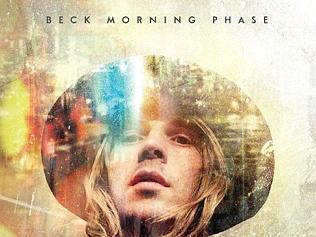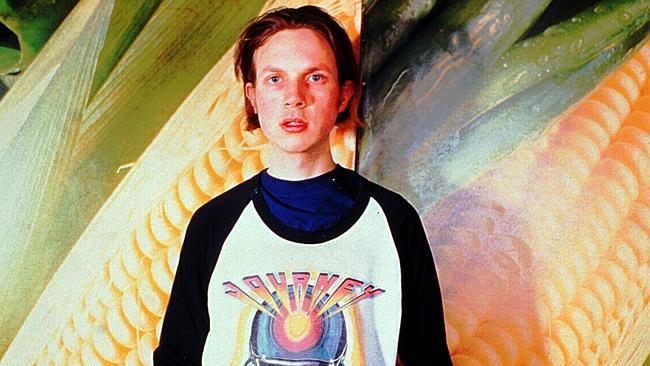Morning Phase (Beck)
HEARTS don’t get much heavier than the one Beck poured out in 2002.

HEARTS donÂ’t get much heavier than the one Beck poured out in 2002, when a permanently fractured relationship with his fiancee formed the basis of his greatest achievement as a singer-songwriter, the unashamedly sad Sea Change. That album was relentless in its despair, but it was matched by the great beauty and seductive undercurrent of the music, which strayed rarely beyond a trot, where sparse instrumentation granted the subject matter express delivery to the brain. It was simultaneously brutal and irresistibly gorgeous.
Morning Phase, the Californian singer’s 12th studio offering, could be considered a companion piece to that landmark album. Once again the mood is sombre, the music low-key and the overall ambience magnificently mellifluous. Morning Phase opens with Cycle, a dawn chorus of strings and nothing else, before the album begins in earnest with the exquisitely restrained Morning, an ode to new beginnings, wiping the slate clean: “Won’t you show me the way it used to be/ Can’t we start all over again”, Beck pleads, before the chorus lifts into a sea of lush harmonies, which are a key component throughout the album.
On the following Heart is a Drum, the title given extra resonance by a pulsating kick drum, Beck harmonises with himself all the way through, riding a delicate acoustic guitar motif to the chorus: “follow the drum/ keeping time with everyone”. This duet dynamic works best of all on the joyous Turn Away, a stark acoustic-guitar ballad augmented by strings that echoes Simon and Garfunkel’s The Sound of Silence.
The string arrangements for Morning Phase, recorded by Beck’s father David Campbell, are another crucial feature. They give a suitably melancholy texture to the centrepiece here, Wave, a song filmic in its lavish melodrama, sinister in the way Beck’s vocal casts a hymn-like solemnity across its waves.
There’s a marginally more mischievous tone to Say Goodbye that harks back to the acoustic folkie moments of his early, pre-Odelay period, while Blue Moon, with a mandolin motif winding its way through rumbling toms and angelic backing vocals, has a sinister country tone. That’s true too of the strolling Country Down, where one can almost see the drifting tumbleweeds bouncing along to the accompanying harmonica. “What’s the use in being found/ when you can lose yourself in some good ground”, Beck croons.
The closing Waking Light, a simmering piano ballad, acts also as some kind of closure to the album’s vague theme of enlightenment, hope and redemption. “When the memory leaves you/somewhere you can’t make it home/ when the morning comes to meet you/ lay me down in waking light”. This is one of two albums Beck plans to release this year, the other expected to be more of a return to his rock/pop/funk/hip-hop hotchpotch - an exciting prospect. This one, however, drawn together from a batch of songs written and recorded in Nashville, London, LA, New York and elsewhere that didn’t fit the other’s mould, will be hard to surpass.
LABEL: Capitol/EMI
RATING: 4.5 stars



